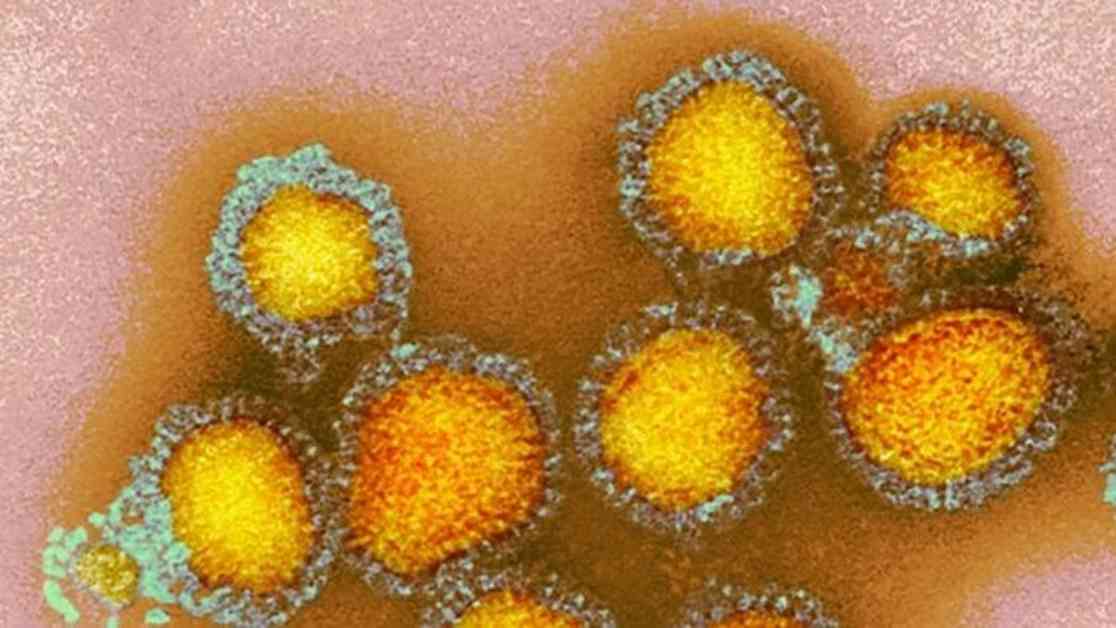A child in California has recently been diagnosed with H5N1 bird flu, making them the first child in the United States to contract the virus. The U.S. Centers for Disease Control and Prevention (CDC) reported that the source of the child’s infection is still unknown, but investigations are ongoing to determine possible routes of exposure.
The California Department of Public Health (CDPH) is looking into the case, as the child had no known contact with an infected animal. One potential source of exposure being considered is wild birds carrying the virus. The CDC has detected a total of 55 human H5N1 bird flu infections in the U.S. this year, with 29 cases in California alone.
H5N1 bird flu is a subtype of avian influenza that primarily spreads through wild and domestic birds but can also infect mammals, including dairy cows and humans. Since the start of this year, there have been 616 dairy herds affected by the virus in the U.S. Dairy workers and individuals exposed to infected cattle have accounted for 32 of the 55 confirmed human cases of bird flu, while 21 cases were linked to exposure to infected poultry.
Symptoms of bird flu may include eye redness, fever, cough, sore throat, runny or stuffy nose, muscle and body aches, headaches, fatigue, and shortness of breath. The child in California initially tested positive for low levels of the H5N1 virus but later tested negative for H5N1 and positive for other respiratory viruses. Their symptoms were mild, similar to other H5N1 cases reported in the U.S.
The CDPH has been monitoring caregivers and families associated with the daycare the child attended to offer testing and preventive treatment. While household members reported potential symptoms of bird flu, testing confirmed they were negative for H5N1. The CDPH also issued a warning about a voluntary recall of raw milk due to the detection of bird flu virus in a sample, although no illnesses have been linked to the product.
Raw milk poses a risk of exposure to harmful germs, especially for vulnerable populations like children under 5, older adults, pregnant individuals, and those with weakened immune systems. It is important to handle raw milk products with caution to prevent foodborne illnesses.
In conclusion, the case of the child in California contracting H5N1 bird flu highlights the importance of monitoring and investigating potential sources of infection. Public health agencies continue to work to prevent the spread of the virus and protect the community from further outbreaks.










